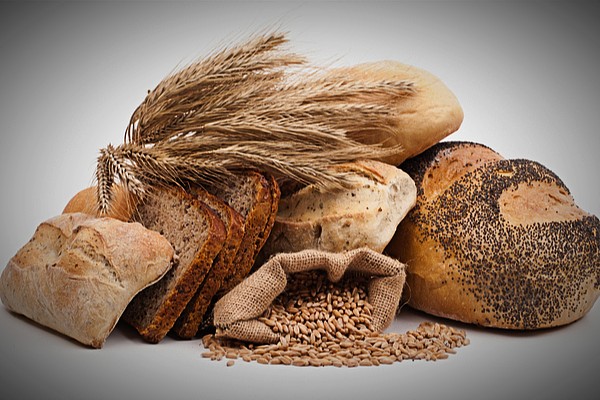The prohibition on eating chametz during Passover may be the worst kosher violation there is.
By Rabbi Ari Enkin, Rabbinic Director, United with Israel
With Passover being only days away, it’s time to refresh our memories and discuss preparing for Passover.
There is an enemy we all have for eight days. It’s called “chametz”(also spelled “hametz” or “chometz”) and it essentially refers to any food product made from wheat, barley, rye, oats or spelt that has not been manufactured under strict Passover rules and conditions.
This includes all routine cake, cookies, pasta, breads, and even beer and whiskey (“leavened”).
The ban on chametz goes back to the Torah when, just before the Jewish people left Egypt, God commanded them to sacrifice the Passover lamb which was to be eaten with matza and bitter herbs.
This was to be an annual ceremony, as it says, “It shall be for you a remembrance . . . seven days you shall eat matzah. You shall remove all leaven from your homes. Anyone who eats chametz from the first day to the seventh day shall be cut off from Israel.”
As one can see, the prohibition on eating chametz on Passover may very well be the worst kosher violation there is.
The ban on eating chametz kicks in from “the end of the fourth hour” on the eve of Passover. This works out to be about 10:00 am +/- in most places. Check your local Jewish calendar for latest chametz-eating times in your neighborhood.
It is not enough to simply not eat chametz over Passover, but rather, we are required to DESTROY it before Passover begins. All chametz must be disposed of or sold to a gentile by “the end of the fifth hour.”
The ban on eating or owning chametz from the morning of Passover eve may very well be the only example of a holiday law that begins before the holiday!
Why do the prohibitions regarding chametz start even before Passover begins? It is because the Torah states: “You shall slaughter the Passover sacrifice and You shall not eat leaven with it.” Our sages teach us that this means that the prohibition on chametz starts from the time when the Passover sacrifice could be offered: from midday of Passover eve.
Cleaning is the most visible Passover preparation, of course.
Long before Passover arrives the cleaning begins: homes, offices, cars, and any other place where chametz may have been stored or eaten.
The obligation of getting rid of chametz does not extend to inedible chametz or tiny crumbs or particles of chametz that are soiled or spoiled. So be sure to focus on places that may have come in contact with food. The kitchen should be thoroughly cleaned, and all surfaces should be covered or koshered.
While many dishes and utensils can be koshered for Passover, many people prefer to have a separate set of dishes for Passover use exclusively, thereby avoiding the time and difficulty involved in koshering them.
After all our preparations are essentially completed, we perform the “Search for Chametz.” On the night before Passover, we search our property — including home, office and car — for any chametz that may have been missed in the cleaning process.
The search is traditionally done by means of a candle, feather, wooden spoon, and a (paper) bag for collecting any chametz found.
Widespread custom is to hide 10 pieces of bread throughout the house and then to “go-seek” them as part of the search. The search is a solemn ritual which should not include and speech or distraction unrelated to the search. As such…close your phone while searching!
When the search is completed, we recite a declaration in which we renounce ownership of any chametz that we may not know about. The declaration can be done in any language.
The next morning, before midday, any chametz that was found during the search is burned. After the burning another declaration is recited in which we renounce ownership of all chametz that we may own, whether we know about it or not, anywhere in the world.
We are forbidden to purchase, eat, or otherwise derive benefit from any chametz that was in a Jew’s possession over Passover. Such chametz needs to be destroyed.
Therefore, when purchasing chametz products after Passover from a Jewish-owned store, one must be sure that the store owner sold his chametz as required. In Israel, all stores post notices that their chametz was sold. If the store did not sell its chametz, one is forbidden to purchase chametz in that store until all the old stock has been depleted.
Send Passover Packages to Needy Israeli Soldiers - Bring Them Joy!
We are honored to thank the young men and women of the IDF who risk their lives every day to protect the citizens of Israel. Since October 7th, soldiers have been on the battlefield for months - many are hoping to come home for Passover.
Join us in sending Passover food packages (and personal notes) to Israeli soldiers and their families.
Many soldiers spend the Passover holiday with needy families back home. The soldiers greatly appreciate your love and concern. Bring them Passover joy!
CLICK HERE TO SEND YOUR PACKAGE AND NOTE TO ISRAELI SOLDIERS!
